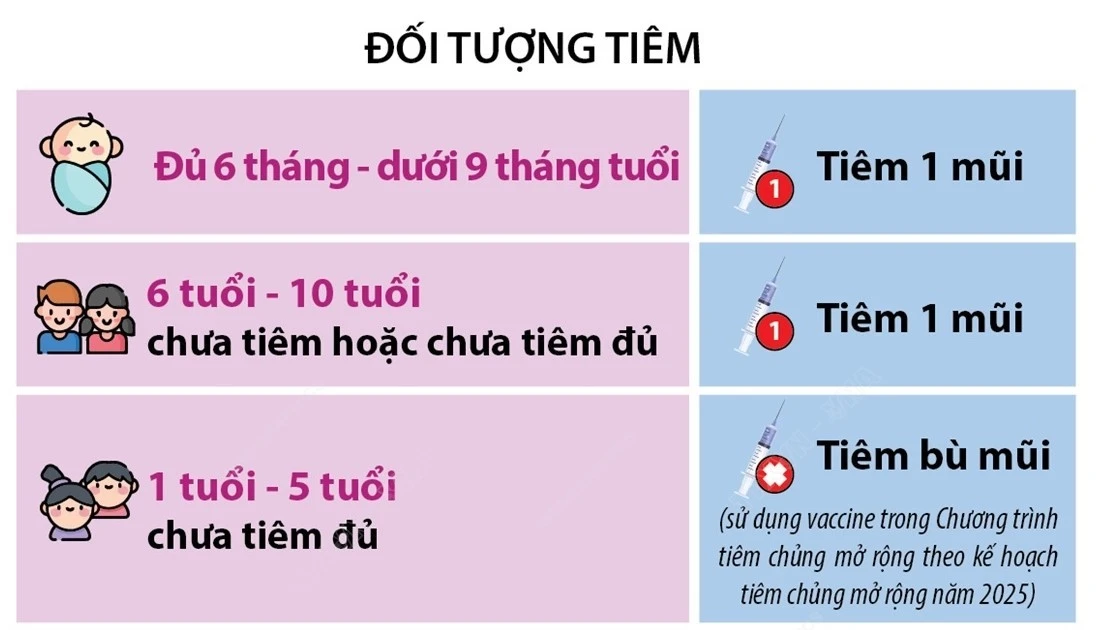Master, Doctor Nguyen Thi Mai Huong, Deputy Head of the Department of Psychiatry, National Children's Hospital shares some psychological support measures for parents of autistic children:
Explain the diagnosis clearly to the family
After the examination, the health care professional should not simply conclude whether the child has an autism spectrum disorder or not, but should explain the diagnosis based on the characteristics observed in the child. Evidence of core symptoms of autism should be discussed with parents to ensure that these symptoms are observable, understood and monitored.
Health care professionals should also explain to parents the importance of regular follow-up and check-ups. The symptoms of autism spectrum disorders can change over time, so close monitoring will provide appropriate intervention strategies for each stage. Especially for children with behavioral disorders who require psychotropic medications, parents should not arbitrarily give their children medication or stop taking medication without a doctor's instructions.
Be patient and use positive language
For sensitive, anxious parents who ask many questions, health workers need to patiently listen and give focused answers that are appropriate to the parents' cognitive abilities.
The child's future prognosis is something that parents are very concerned about. Medical staff need to explain specifically to each case, avoiding an overly negative attitude that makes parents feel pessimistic, but at the same time not hiding real difficulties that make parents subjective.
In all cases, health workers need to emphasize the child’s strengths, because these are the bright spots that give parents hope and motivation in the future intervention process. For example: the child has the ability to imitate activities, the child is expressive with relatives, the child is young…
When talking to parents, always use positive language. Encourage parents to respond to information provided by health care professionals.
Encourage parents to take time for self-care
Parents need to take time to rest and relax, do the things they love, build loving relationships, and cherish family moments.
Teaching autistic children will take a long time and there will be many difficulties ahead. Therefore, parents need support to prepare themselves mentally, physically, and financially to accompany their children.
Explain to parents the importance of “early intervention”
It is important to explain to parents the importance of “early intervention” – intervening as soon as a child’s difficulties are detected, rather than waiting for a definitive diagnosis of autism.
Early intervention increases the effectiveness and quality of life of children and their families. This is usually done before the child turns 5 years old, and ideally before the age of 3 (the golden period).
Therefore, after a child is diagnosed with autism spectrum disorder, parents need to be explained about the intervention process and guided to appropriate early intervention measures.
Parents need to be encouraged to be proactive in arranging time, setting up the environment, and choosing intervention solutions for their children. Parents need to be guided to thoroughly understand intervention measures, clearly understand their children's difficulties, strengths and weaknesses, interests and needs, and then make choices.
Encourage parents to share information and participate in community activities
Parents are encouraged to join clubs for families of children with autism. Here, people with similar circumstances will share and learn from each other's experiences. Not only that, parents can participate in community activities to raise social awareness of autism, give voice to the expectations of children with autism, promote the development of appropriate social policies, and help bring the best integration for children with autism.
Parents should always be encouraged to overcome their inferiority complex and boldly help their children participate in appropriate social activities in the community and society.
Source: https://nhandan.vn/cha-me-cua-tre-tu-ky-cung-can-duoc-ho-tro-tam-ly-post868638.html




![[Photo] Third meeting of the Organizing Subcommittee serving the 14th National Party Congress](https://vstatic.vietnam.vn/vietnam/resource/IMAGE/2025/4/2/3f342a185e714df58aad8c0fc08e4af2)

![[Photo] Relatives of victims of the earthquake in Myanmar were moved and grateful to the rescue team of the Vietnamese Ministry of National Defense.](https://vstatic.vietnam.vn/vietnam/resource/IMAGE/2025/4/2/aa6a37e9b59543dfb0ddc7f44162a7a7)











![[Photo] Unique folk culture at Binh Da Festival](https://vstatic.vietnam.vn/vietnam/resource/IMAGE/2025/4/2/b73c9957948d4b00836273633a864a48)








































































Comment (0)